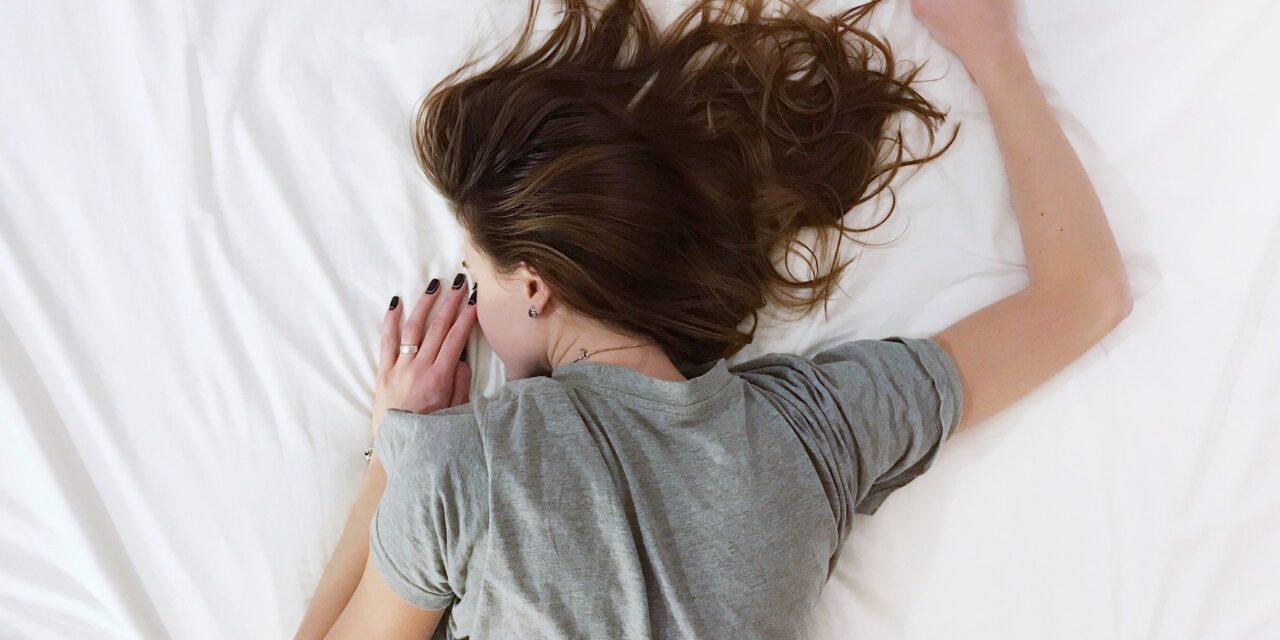A groundbreaking study by researchers at The University of Manchester has revealed the crucial role sleep plays in the mental well-being of adolescent girls. Utilizing data from the #BeeWell survey, the study highlights a significant link between sleep quality and mental health, with findings published in the journal Quality of Life Research.
Key Findings
The study tracked nearly 28,000 teenagers in Greater Manchester over three years, analyzing the relationships between sleep, physical activity, and mental well-being. The results show a strong connection between sleep and mental health in girls, with sufficient sleep leading to improved mental well-being over time. Furthermore, the study found this relationship to be reciprocal—better mental well-being also predicted improved sleep quality in adolescent girls. This pattern was particularly pronounced between the ages of 12 and 14, a critical developmental period when mental health challenges often emerge.
For boys, the research confirmed that sleep quality influenced their well-being. However, unlike girls, boys’ mental well-being did not have a reciprocal effect on their sleep. Another key finding was that girls exhibited more unstable sleep patterns compared to boys, making sleep a potential target for intervention in adolescent mental health support. Additionally, the study found that for boys, mental well-being predicted their future levels of physical activity.
Expert Insights
Dr. Jose Marquez, the study’s lead researcher, emphasized the importance of promoting healthy sleep habits among adolescents.
“Our research demonstrates the critical role of sleep in adolescent well-being, particularly for girls,” said Dr. Marquez. “It is therefore vital that young people are empowered with the knowledge, practices, and benefits of good sleep habits, in addition to raising awareness of the immediate and longer-term consequences of poor sleep quality.”
The study underscores the need for schools, parents, and support networks to recognize the impact of sleep on mental health and encourage adolescents to prioritize rest as an essential aspect of overall well-being.
A Call for Action
These findings highlight the necessity of addressing sleep-related issues to support the mental health of young people. With gender differences playing a role in the sleep-well-being connection, tailored interventions may be needed to ensure that all adolescents receive the support they require.
The #BeeWell survey continues to offer valuable insights into the lives of young people, informing better policies and practices to improve adolescent health outcomes. More information can be found at #BeeWell Programme.
Disclaimer: This article is for informational purposes only and does not constitute medical advice. If you or someone you know is experiencing mental health concerns, please seek guidance from a qualified healthcare professional.












